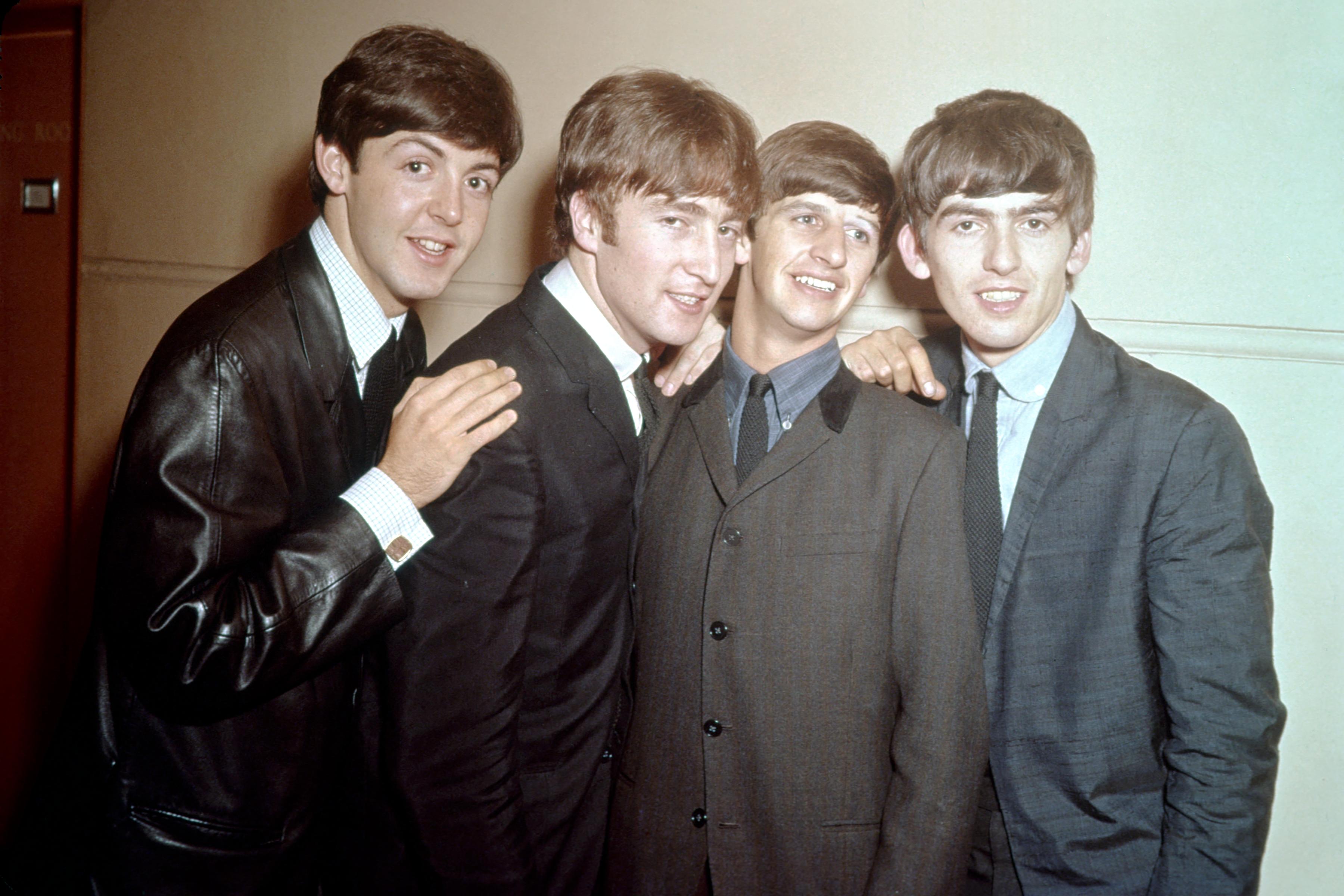
Brian Epstein Thought There Was a Conspiracy Against the Beatles in London at the Beginning of Their Career
Even in the beginning, the Beatles were hugely popular. Though it seemed they were popular everywhere but London. They experienced enormous recording success, sold-out concerts, and crazed fans wherever they went. And yet, the London press hardly covered them and they couldn’t book any of the big theaters in the city. Beatles manager Brian Epstein had a theory as to why.
The Grade Brothers
Epstein believed he and the Beatles were being blacklisted by three brothers: Lew and Leslie Grade, and Bernard Delfont. The Grades were highly involved and influential in the English entertainment business.
Lew Grade, who later became Lord Grade, owned the Associated Television Corporation, Britain’s largest independent producer of TV programs. He personally produced the UK’s most popular variety show, Sunday Night at the Palladium. For an act to gain national recognition at the time, it was crucial they appear on SNATP.
Leslie Grade was the head of the largest show business agency in the country, with such clients as Laurence Olivier. The agency also packaged films, stage shows, and TV programs.
Bernard owned several prestigious theaters and by appointment to the Queen booked the Royal Command Performance.
“Something about the brothers’ success irked Brian, and it irked him even more when they chose to ignore the Beatles,” reads The Love You Make: An Insider’s Story of The Beatles by Peter Brown and Steven Gaines.
The conspiracy, according to Brian Epstein
Epstein believed the issue first began when Leslie’s agency approached him to sign the Beatles for representation and booking. Epstein turned Leslie down.
“For these services the Grade Agency would receive 10 percent of the Beatles’ very considerable income from live performances,” reads TLYM. “Brian, who had been acting as both manager and booking agent for the boys, would then be expected to reduce his commission to only 15 percent.”
Epstein also booked lesser-known bands as openers for the Beatles—”In this way he made money as manager of all the groups, as booking agent and as promoter. His income—much of it in cash—was enormous. With the Grades ‘muscling in,’ as Brian put it, all that would stop.”
The Beatles’ manager believed that because he’d turned Leslie down, all three brothers were blackballing the fab four.
How the Beatles ended up on ‘Sunday Night at the Palladium’
But Epstein did not give up. Surely, he thought, if the band became big enough, the brothers couldn’t ignore them. And that’s exactly what happened.
In 1963, the Beatles had the number-one single, the number-one album, and the best-selling extended play record in the British Isles. Lew had no choice but to book the boys on “Sunday Night at the Palladium.” He was getting thousands of requests for the Beatles to grace the show’s stage. So he sent out an invitation.
“Brian, not willing to let well enough alone, insisted the Beatles top the bill, and had his way, too,” reads TLYM. “An audience of fifteen million saw them that night, a staggering number at the time and the largest of their career so far.”
The day the fab four performed, fans lined the street the theater was on. It wasn’t long before the media pulled up to cover the commotion.
“The Beatles were irrefutably front-page headlines the next day for the first of countless times,” reads TLYM.
Three days later, the Beatles were announced to be on the bill at the Royal Command Variety Performance. The blacklist had been lifted.


